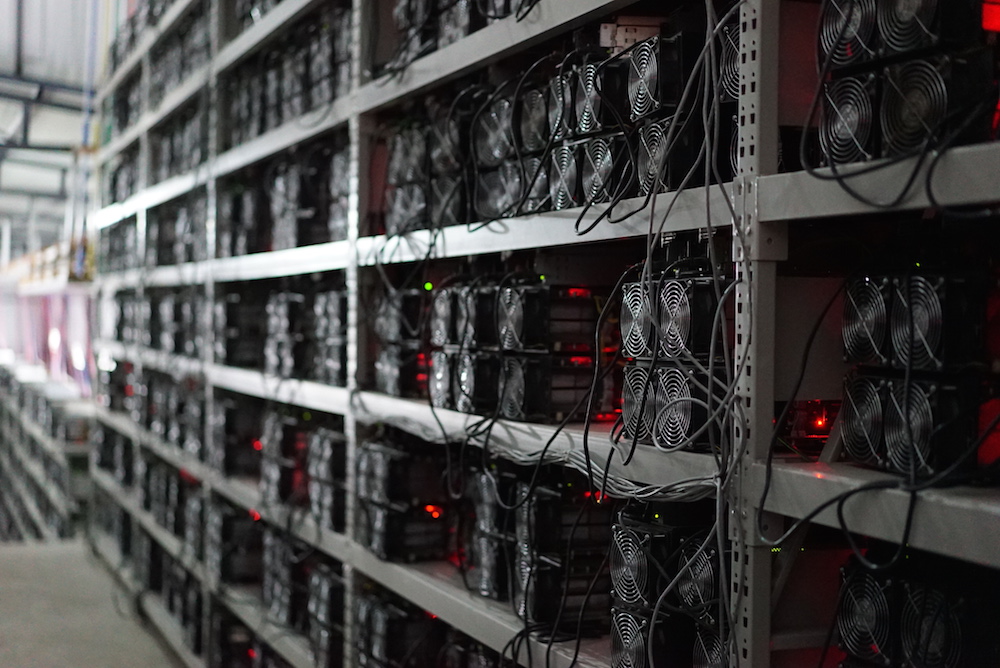A Berkeley-based startup known as Vespene Energy announced that it’s going to use the methane gas emitted by landfills to power bitcoin mining rigs, thus adding more units to the blockchain through greener and more eco-friendly means.
Vespene Has Big Bitcoin Plans
The world of bitcoin and crypto mining has taken a lot of flak in recent years. There are many reports that digital currency mining uses more energy than several countries, while others claim it’s likely to hurt the planet in ways that will eventually become irreversible. It also doesn’t help when high-ranking individuals such as Elon Musk of SpaceX and Tesla fame are siding with those who say bitcoin mining is harming Mother Earth.
Musk, about a year and a half ago, announced that he was going to allow Tesla vehicles to be purchased with bitcoin. Everyone was rather excited, convinced this would make the asset far more mainstream and legitimate, but the hype was short-lived as not long after, Musk rescinded the decision saying he was worried about how much energy use was going into BTC mining.
He later said he expected miners to be more transparent about what they were using and where their sources stemmed from. Then and only then would he permit bitcoin payments for vehicles.
Vespene recently earned more than $4 million through a new funding round from Polychain Capital. It mentioned in a statement that methane is far more efficient at trapping heat than carbon dioxide, and that landfills consistently flare and burn, making them hotspots for methane. This gas can then be used to reduce mining costs and make the industry better for the atmosphere.
Adam Wright – co-founder and CEO of Vespane – said in an interview:
72 percent of U.S. landfills don’t have any viable use for the gas that they produce and as a result, it’s either flared on site, just for purposes of mitigating methane, or in a lot of cases, that that methane is just really emitted to the atmosphere, so we can build out a landfill site with micro turbines and use the methane combustion to power them, then use the power for on-site bitcoin mining and send the data out via satellites.
Making Things Better for the Planet
Vespane currently has a contract with a landfill based in central California, though at the time of writing, specific details have not been revealed to the public. Wright continued with:
Some of the big waste management companies are trying to electrify their fleets, and this is one way that we can really accelerate that transition. Normally, if you want to get charging infrastructure to put in for your fleet, you have to be working with a utility to provide enough power for the chargers, which can be time consuming and costly.



